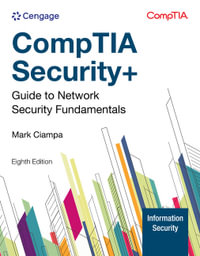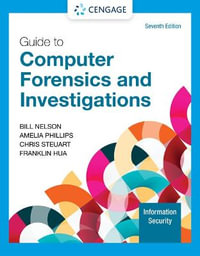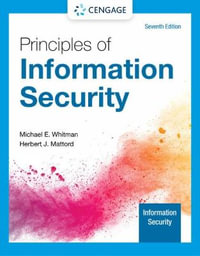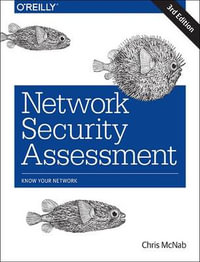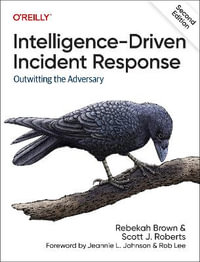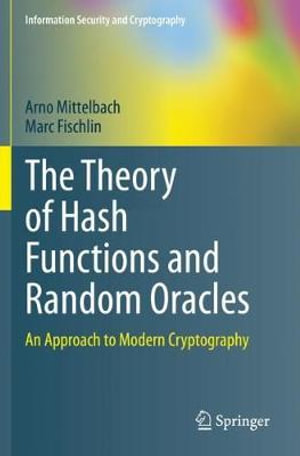
The Theory of Hash Functions and Random Oracles
An Approach to Modern Cryptography
By: Arno Mittelbach, Marc Fischlin
Paperback | 10 February 2022
At a Glance
Paperback
$119.56
Aims to ship in 7 to 10 business days
When will this arrive by?
Enter delivery postcode to estimate
Hash functions are the cryptographer's Swiss Army knife. Even though they play an integral part in today's cryptography, existing textbooks discuss hash functions only in passing and instead often put an emphasis on other primitives like encryption schemes. In this book the authors take a different approach and place hash functions at the center. The result is not only an introduction to the theory of hash functions and the random oracle model but a comprehensive introduction to modern cryptography.
After motivating their unique approach, in the first chapter the authors introduce the concepts from computability theory, probability theory, information theory, complexity theory, and information-theoretic security that are required to understand the book content. In Part I they introduce the foundations of hash functions and modern cryptography. They cover a number of schemes, concepts, and proof techniques, including computational security, one-way functions, pseudorandomness and pseudorandom functions, game-based proofs, message authentication codes, encryption schemes, signature schemes, and collision-resistant (hash) functions. In Part II the authors explain the random oracle model, proof techniques used with random oracles, random oracle constructions, and examples of real-world random oracle schemes. They also address the limitations of random oracles and the random oracle controversy, the fact that uninstantiable schemes exist which are provably secure in the random oracle model but which become insecure with any real-world hash function. Finally in Part III the authors focus on constructions of hash functions. This includes a treatment of iterative hash functions and generic attacks against hash functions, constructions of hash functions based on block ciphers and number-theoretic assumptions, a discussion of privately keyed hash functions including a full security proof for HMAC, and a presentation of real-world hash functions.
The text is supported with exercises, notes, references, and pointers to further reading, and it is a suitable textbook for undergraduate and graduate students, and researchers of cryptology and information security.
Industry Reviews
"The authors put a lot of work to create this 788-page book - the text has been edited even after the layout to insert links with page numbers, there are exercises and a website for errata and discussions." (Jaak Henno, zbMATH 1490.94001, 2022)
"Arno Mittelbach and Marc Fischlin did a good job at producing this book with a collection of ideas on the Theory of Hash Functions and Random Oracles, focusing in-depth on these two areas enabling the student, the practitioner, and the researcher, to deepen their knowledge. The book is a great add-on for a modern cryptography course or for 'light summer reading' for those interested in learning more about these two topics." (Sven Dietrich, IEEE Cipher, July 20, 2021)
ISBN: 9783030632892
ISBN-10: 303063289X
Series: Information Security and Cryptography
Published: 10th February 2022
Format: Paperback
Language: English
Number of Pages: 814
Audience: Professional and Scholarly
Publisher: Springer Nature B.V.
Country of Publication: GB
Dimensions (cm): 23.5 x 15.5 x 4.12
Weight (kg): 1.12
Shipping
| Standard Shipping | Express Shipping | |
|---|---|---|
| Metro postcodes: | $9.99 | $14.95 |
| Regional postcodes: | $9.99 | $14.95 |
| Rural postcodes: | $9.99 | $14.95 |
How to return your order
At Booktopia, we offer hassle-free returns in accordance with our returns policy. If you wish to return an item, please get in touch with Booktopia Customer Care.
Additional postage charges may be applicable.
Defective items
If there is a problem with any of the items received for your order then the Booktopia Customer Care team is ready to assist you.
For more info please visit our Help Centre.









